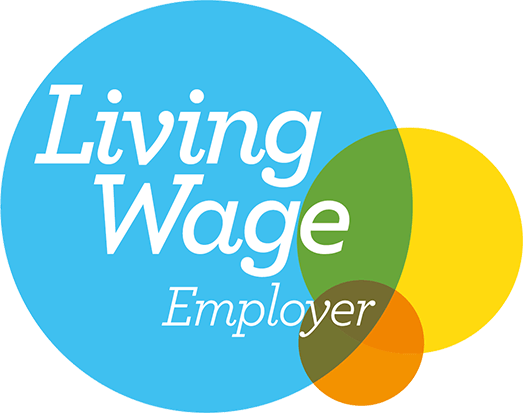News
From VAR to Town Planning: The Struggles of Consistency
13 October 2025
VAR's decision-making process lacks uniformity. A tackle or handball might lead to different outcomes based on the interpretation of referees, mirroring how similar planning applications can face divergent fates based on a parish / town council's stance.

With another premier league season underway, and sadly it appears to be another depressing one with an impending nail-biting relegation campaign for Wolves, dominating the headlines won’t be the fact that Wolves haven’t had a penalty since April 2024, but instead the controversies of VAR.
The UEFA Football Board says VAR needs to become more "consistent, transparent and understandable" for players, fans and coaches. As well as watching Wolves' struggles, another passion of mine (yes, really) is the work we do at Planning Potential where this strapline could also be embroidered on caps worn by planners day in day out. This issue of clarity and consistency holds strong relevance in the context of parish and town council intervention.
Elected parish and town councils were first established by the Parish Councils Act 1894 (Sunderland won the First Division that year). They are the tier of local government closest to the electorate in the UK.
At a recent planning committee I attended, elected members vehemently and unequivocally defended the role of its parish councils during a debate on the English Devolution White Paper. The Paper confirmed the Government’s desire for stronger community arrangements, with reorganisation of the way councils engage at a neighbourhood or area level. It also wants to rewire the relationship between town and parish councils and principal Local Authorities, strengthening expectations on engagement and community voice.
I sat on my hands at said committee and remained mute whilst thinking about the number of times I had met a recent Parish Council – which is genuinely more than the number of goals Wolves have conceded already this season (13 in 6 matches), but this still wasn't seen as enough.
The Premier League tells us that VAR correctly intervened 57 times last season. However, football fans know that as soon as the referee is 'advised' to go to the screen, it's inevitable what happens next. The same can be said for certain LPAs where there are parish / town council (material or not!) comments on a planning application – supported by a suite of supporting and robust documents, they can still object.
Don't get me wrong – I'm an advocate of localism and I am encouraged that it is alive and well across Yorkshire – but while community sentiment is important, planning applications should primarily be assessed on their merit and alignment with established planning frameworks.
The UK planning system has been developing since a time in the 1960s and 1970s when planning was viewed as a technical process requiring planning expertise, rather than community intervention, to a slow realisation that community engagement in planning decisions is pivotal to facilitating timely development and the creation of a built environment that satisfies the needs of the community.
VAR's decision-making process lacks uniformity. A tackle or handball might lead to different outcomes based on the interpretation of referees, mirroring how similar planning applications can face divergent fates based on a parish / town council's stance.
Like the on-field referee, parish and town councils should never be relegated to the role of rubber-stamping decisions; they must be central to shaping the development of their local areas. They have historically played a vital role in the process, driving forward locally-led planning that reflects the needs and aspirations of their communities.
Parish and town councils possess valuable insights into local issues, but their comments can sometimes appear overly precautionary or even obstructive, needlessly impeding the progress of planning applications. This disparity often stems from differing levels of experience and expertise among elected members.
There is an argument to be made for tighter regulations and clearer guidelines on the scope of input that parish councils should have in planning applications. Such measures could help streamline processes and ensure that objections are based on substantial grounds rather than personal opinions. When I have raised this with assigned case officers (particularly when objections haven't been material), it has fallen on deaf ears. Ultimately, it’s not their battle to fight (I'm quick to add Wolves were the only top-flight team who voted in favour of scrapping VAR).
While parish and town councils play a crucial role in representing community interests, their intervention in planning applications must be balanced and consistent. Streamlining their involvement and establishing clearer guidelines could help ensure that planning processes serve both local and broader societal needs efficiently.
In the end, both VAR and planning share a common goal: achieving fair and considered outcomes. Just as fans seek consistency and transparency in decisions for the integrity of the game, parish and town councils must strive for balanced and informed contributions in the planning process. Addressing these challenges head-on will ensure that both systems serve their communities and stakeholders with fairness and efficiency. As Wolves battle on the pitch and planning committees debate in council halls, the quest for a streamlined, transparent, and impactful decision-making process remains paramount.







